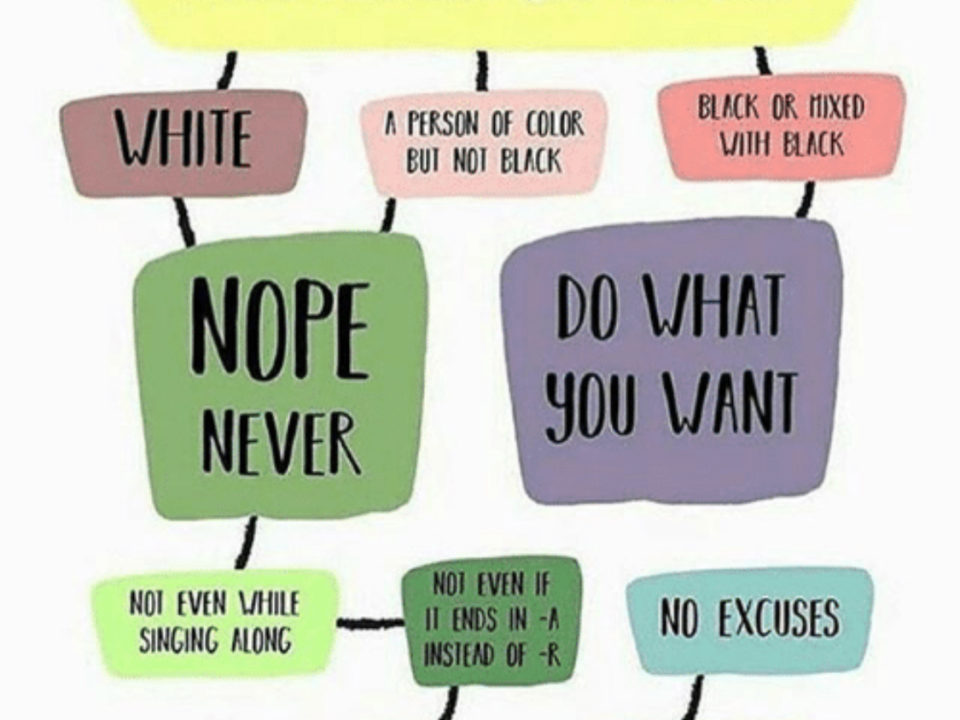Essential Oils for Migraines (and more)
August 11, 2016THC Reduces Motivation for High Reward Tasks in Rats
August 27, 2016My family and I just took the vacation of a lifetime to Rio for the Olympic Games (can you say UTTERLY AMAZING!). Of course, school has already started, but luckily, we are in Montessori school whose motto is that living is learning. To ensure the kids had an educational experience, we had them keep daily journals about their experiences that they will present to their teacher and classmates upon returning to school.
After the first day in Rio, it became clear how easy writing is for my younger son Nasir and how easy it is not for my older son Zahir. This is not news to us -- when Zahir was six-years old (he is now eleven), we took him for psychological testing -- prompted by his inability to write a letter of apology to Grandpa for displaying ungrateful behavior. He sat for three hours at which point we realized we were torturing him -- and the letter he wrote looked like an alien language. Psych testing revealed Dysgraphia (a learning disorder that makes it difficult to express oneself in written form although verbal skills are intact) and ADHD. We put a comprehensive support plan in place for him with the guidance of an amazing Decatur psychologist, Lisa Groth, Ph.D. We did handwriting classes, fine motor-skills training, lesson-planning at school, Kumon etc etc etc. All of it was very successful as measured by, most importantly, his self-esteem, and his enjoyment of school. Academically, he has also done extremely well.
Anyhow, I knew the journal would be a little bit difficult for him, and after reading the first day, this proved to be true. I recommended he try using Siri to dictate his thoughts and then go back and correct them. He said that was helpful. But today, while writing the last day, he became very frustrated and tearful. I asked him what was going on and he said "It's difficult to explain because I don't even know exactly what is aggravating me right now. Does that make sense?" Of course my Mama bear instincts kicked in. We talked through it and it was rooted in how difficult it is for him to write. He says he hates writing research papers -- not because of the research because he loves that part and it is really easy, but because the writing is so difficult. I asked if it is difficult for him to give speeches. He said yes, but only because he is required to write them down first. I asked if he thought a good dictation software would help, and he lit up answering "very much."
Here's the funny thing -- after they finished writing, I had him and Nasir go back to proofread their journals for punctuation and capitalization. Zahir is an AMAZING editor. It turns out, getting the words from his brain to the paper is extremely difficult, but once they are there, it is super easy for him to comprehend and correct. Ahhhh the brain!
So, I spent most of the rest of the day looking up supportive techniques for children with dysgraphia and recommended dictation programs. Believe it or not, Dragon is the most recommended. Also, I found some other resources that I will be sharing with his teacher, and that I thought some of you might find helpful. Here ya go! Also, if you think your child may be experiencing symptoms of dysgraphia, sooner is better -- I can help you find a psychologist for testing. Oh, and now is definitely the time for us to take Zahir back for a re-test. Children's brains are constantly changing, and we want to make sure we stay informed about what he needs so we can pour on an ounce of prevention ;-).
Here are some good references I found today:
Classroom Accomodations for Dysgraphia
Teaching and Learning Tips for Dysgraphia
Hope it helps!



